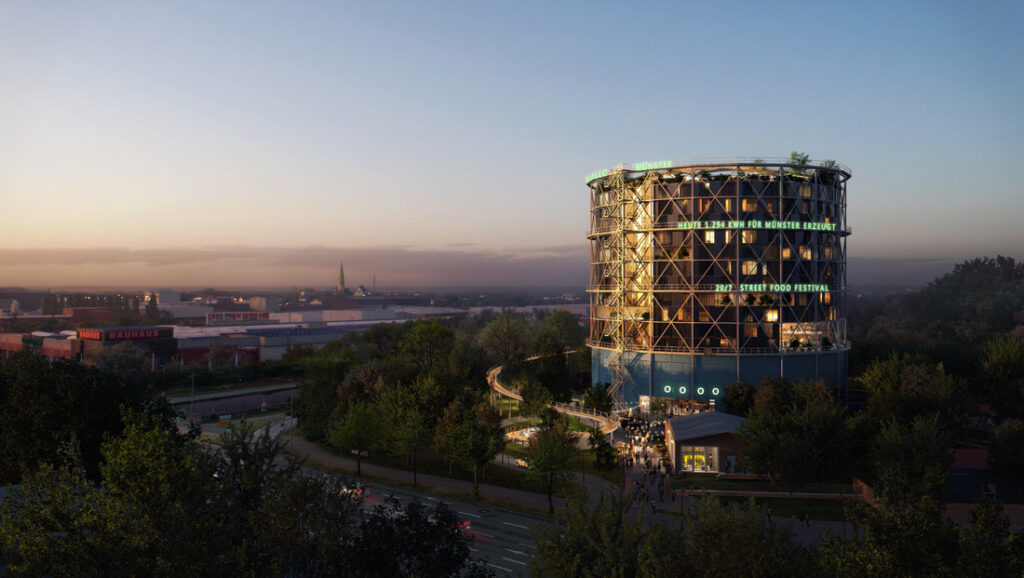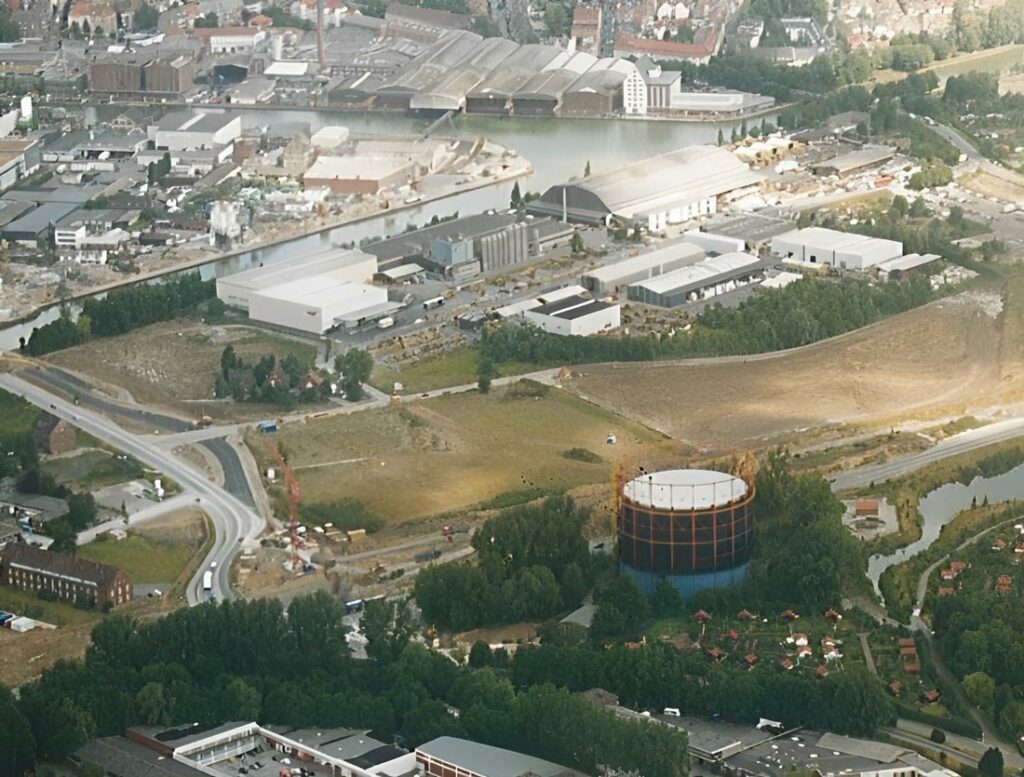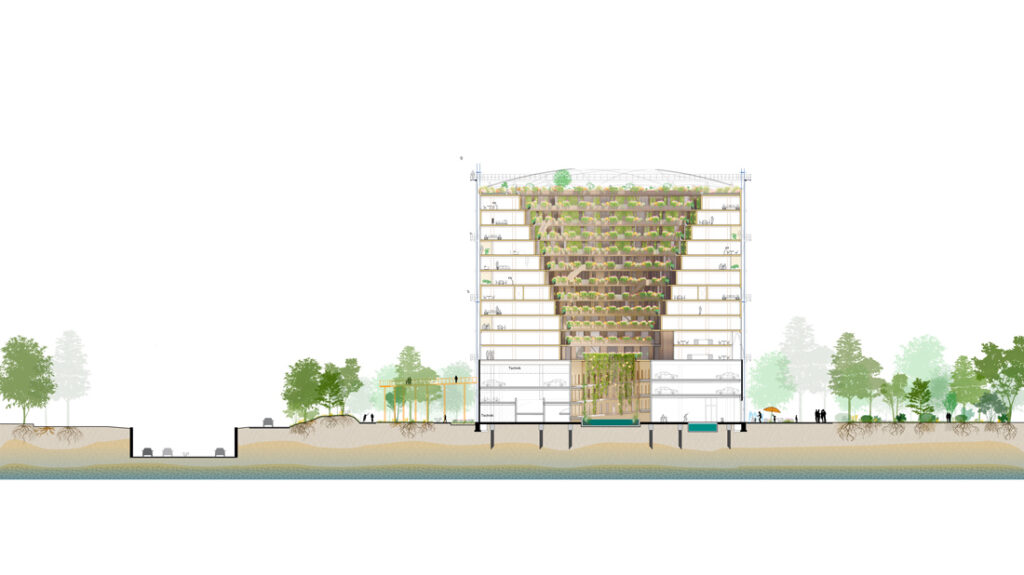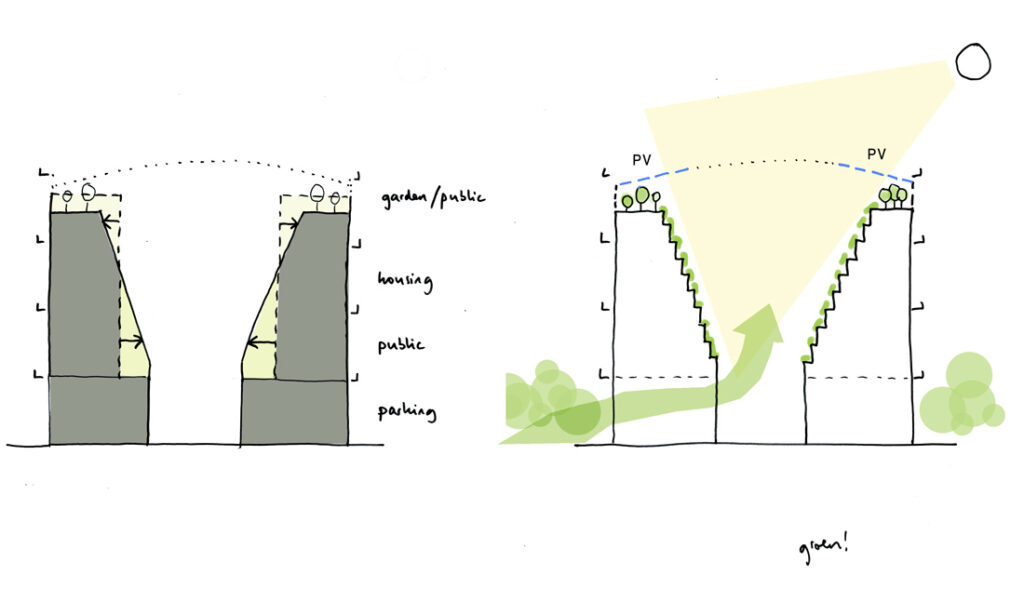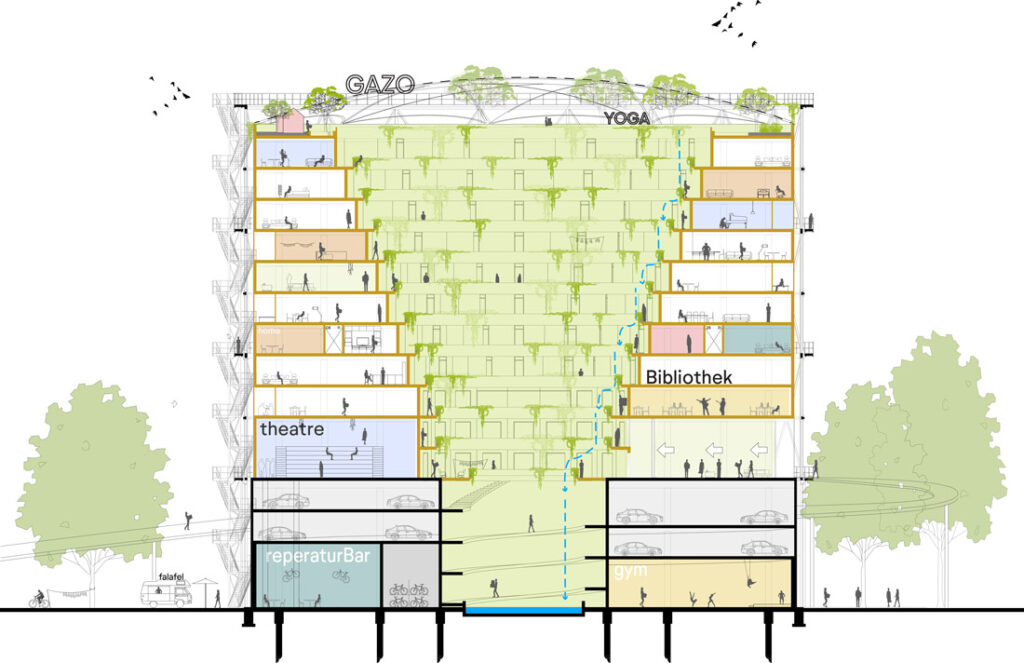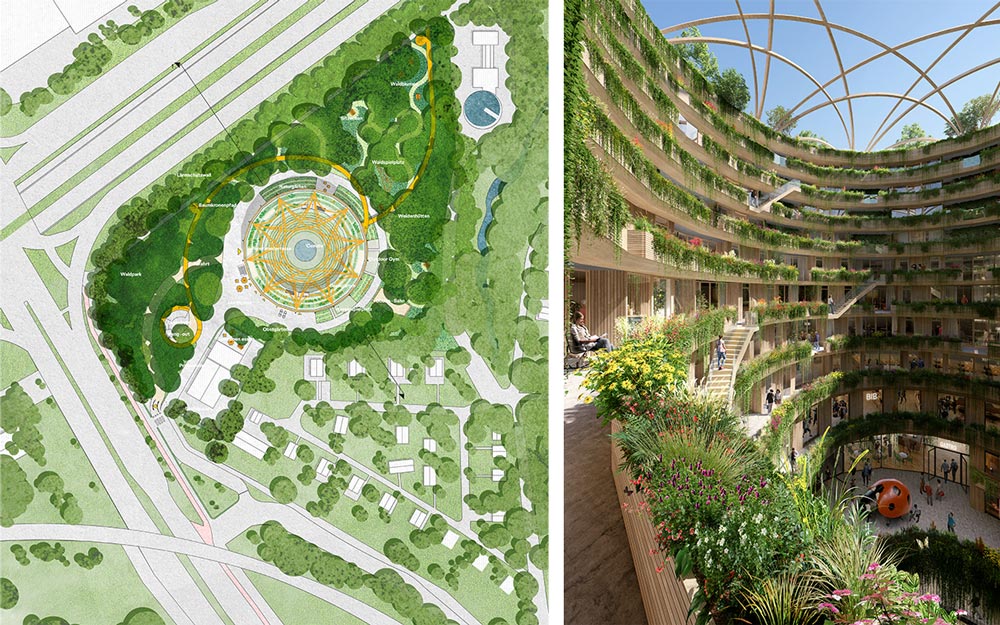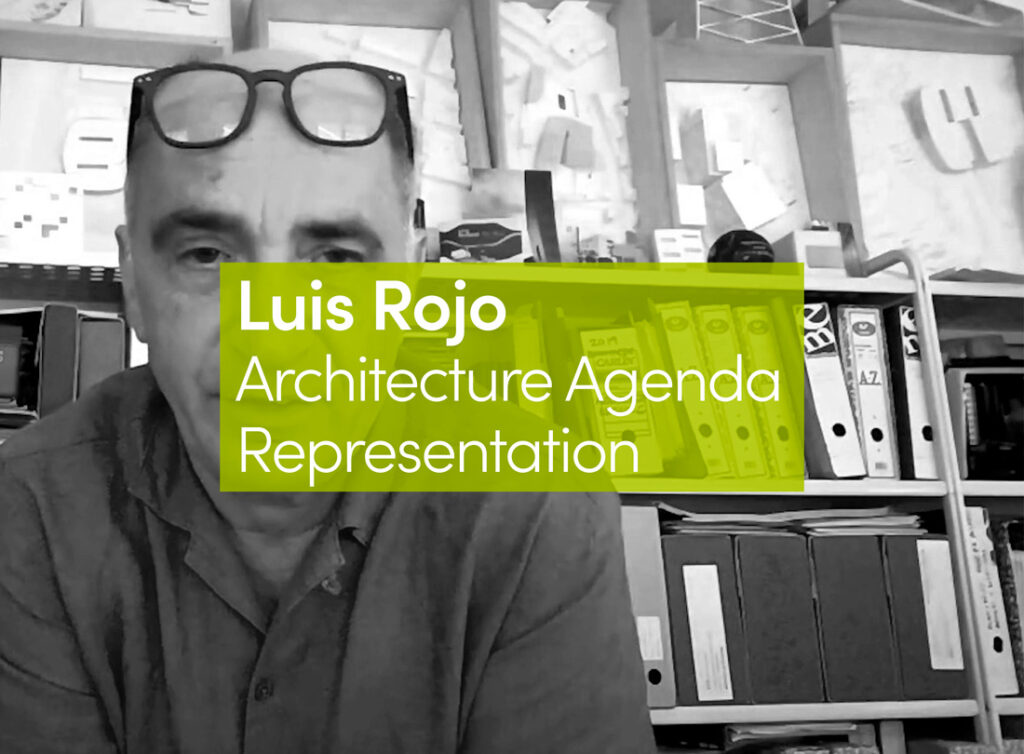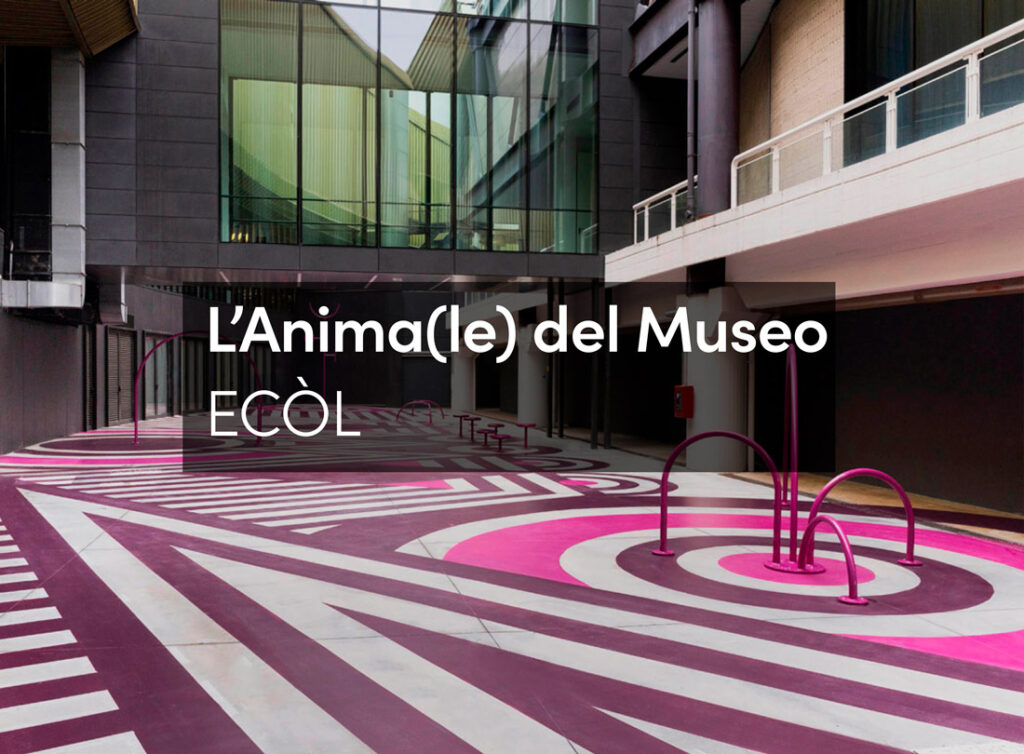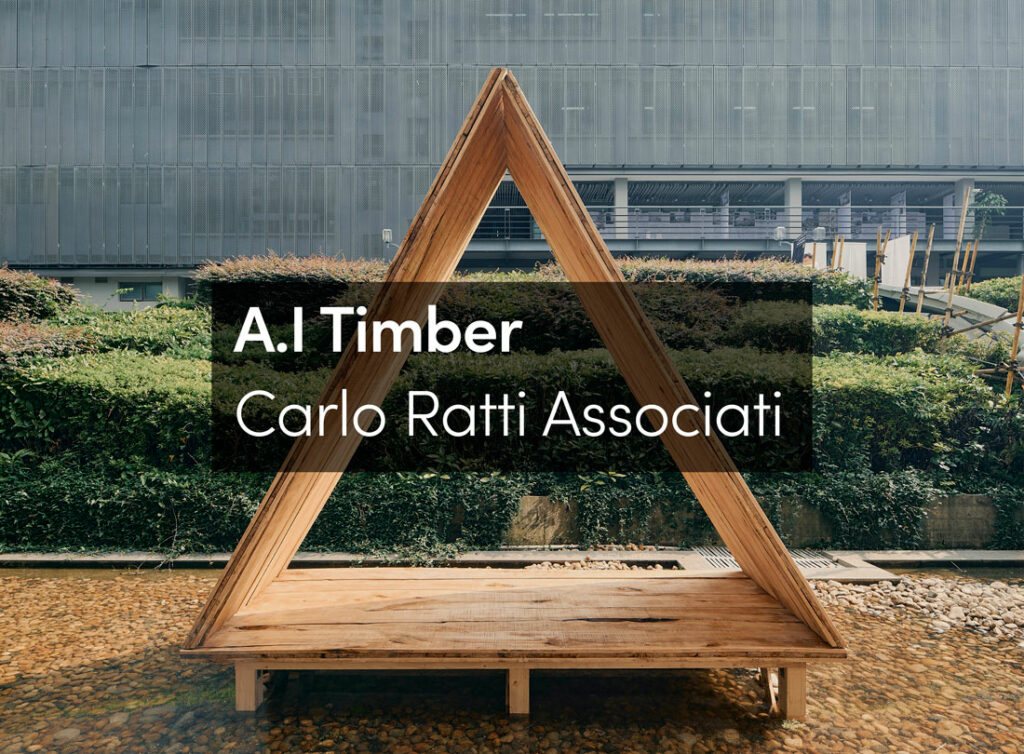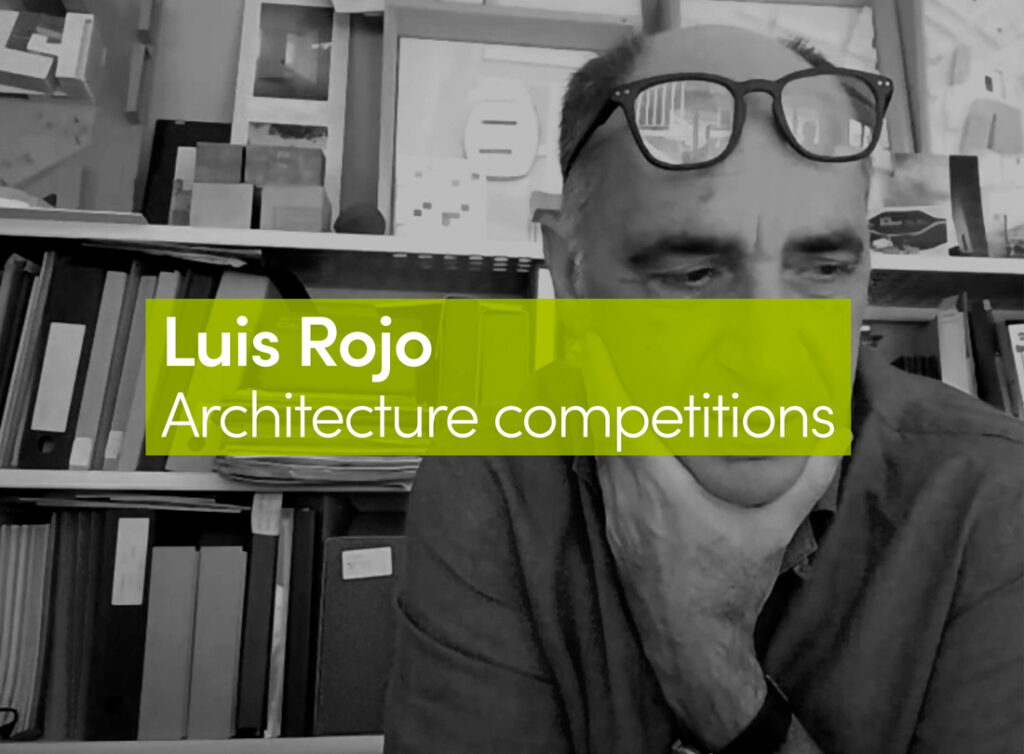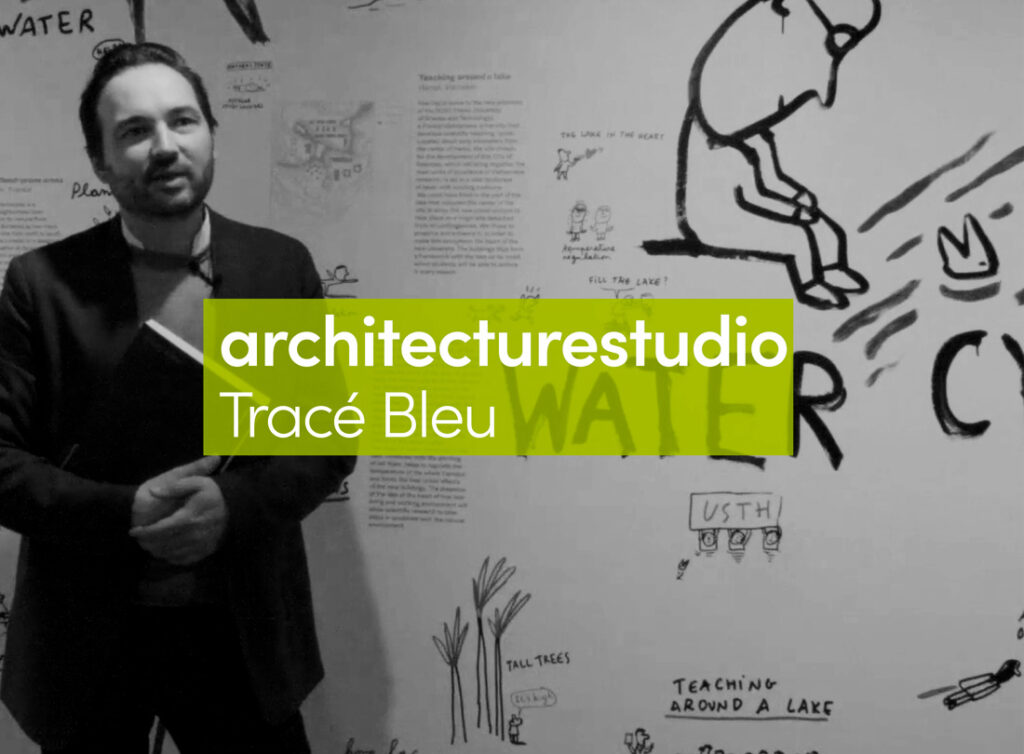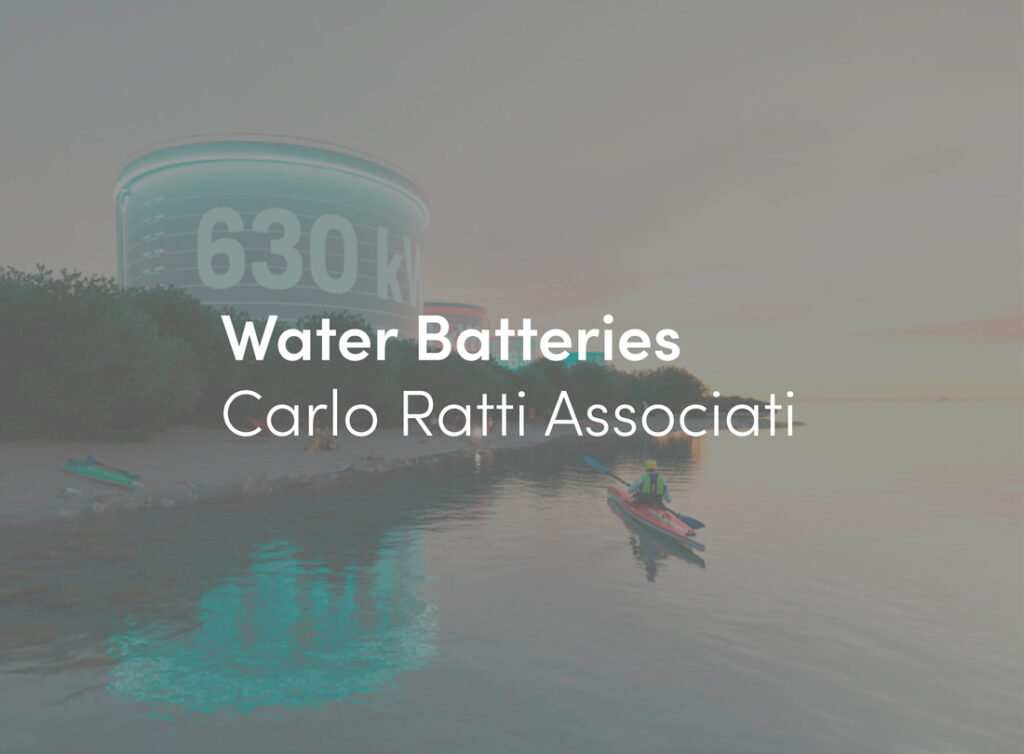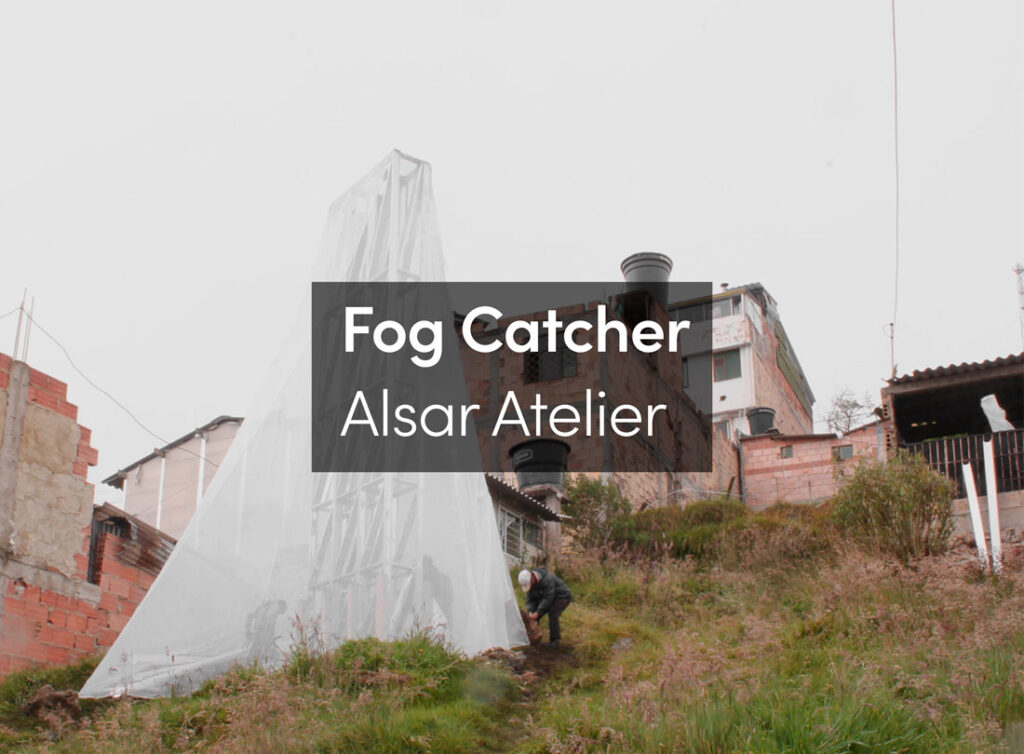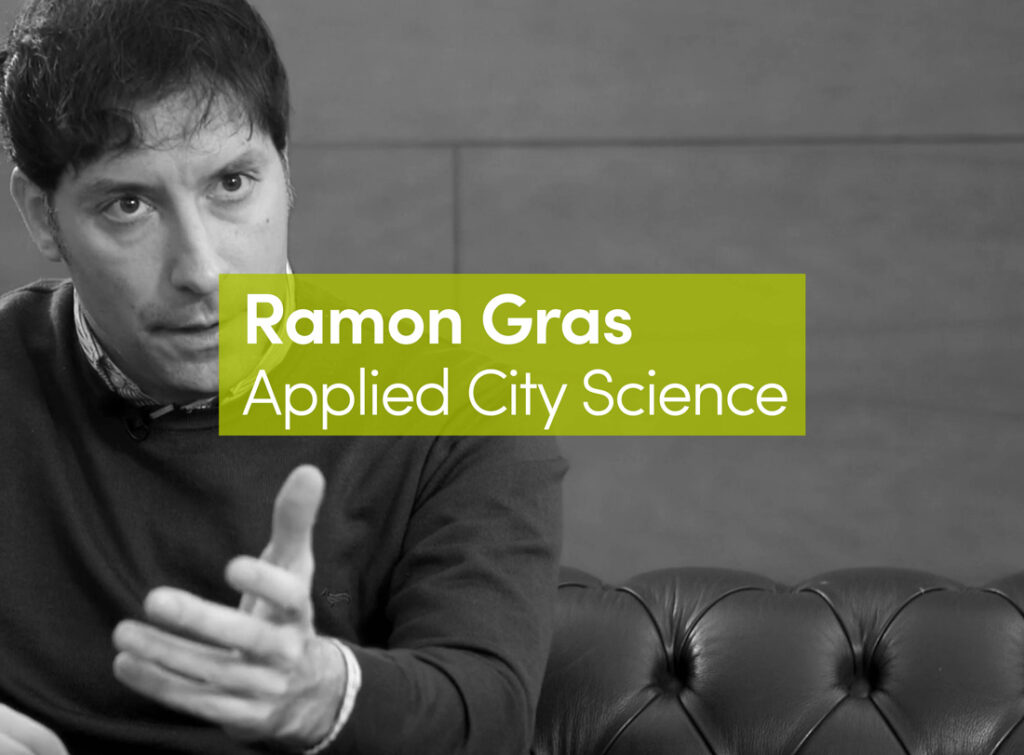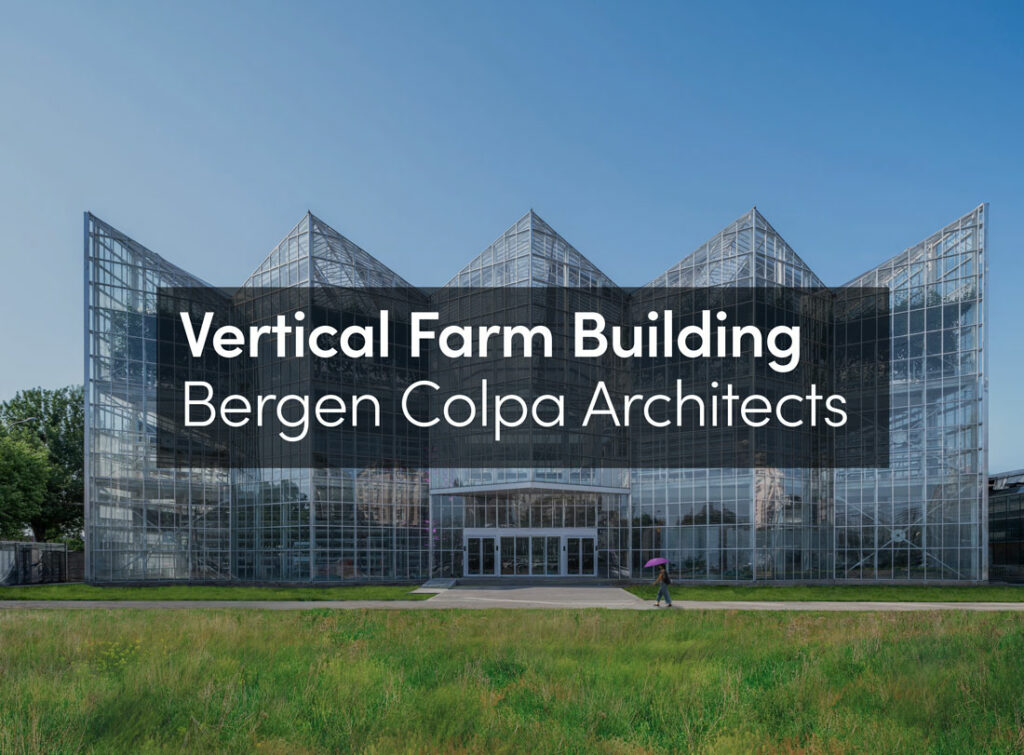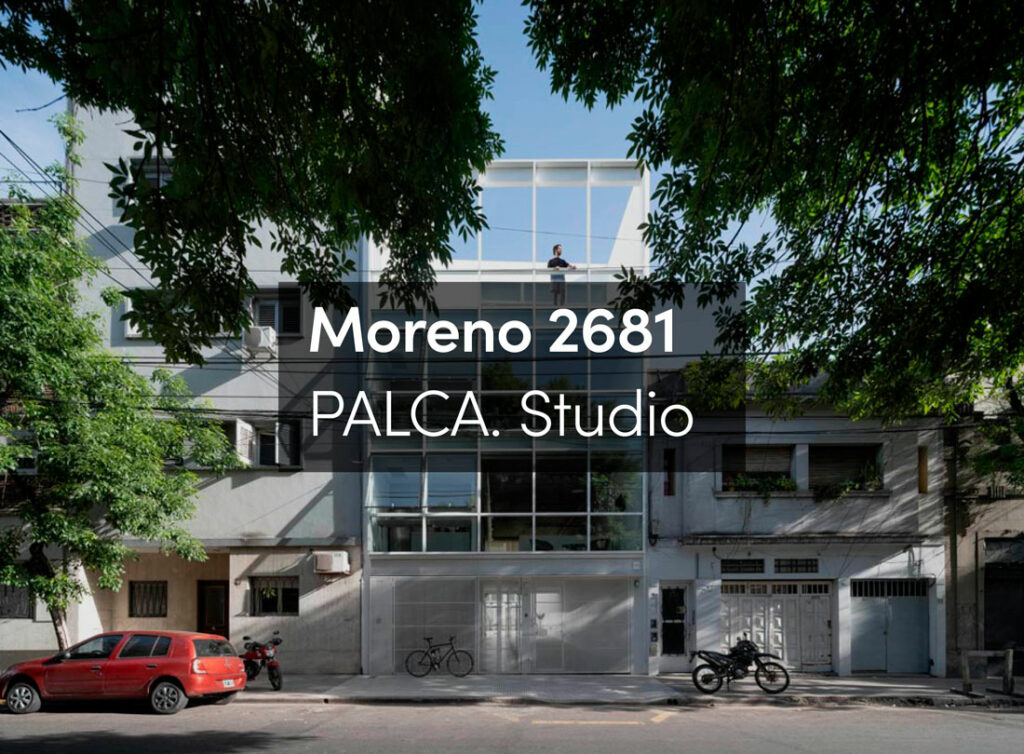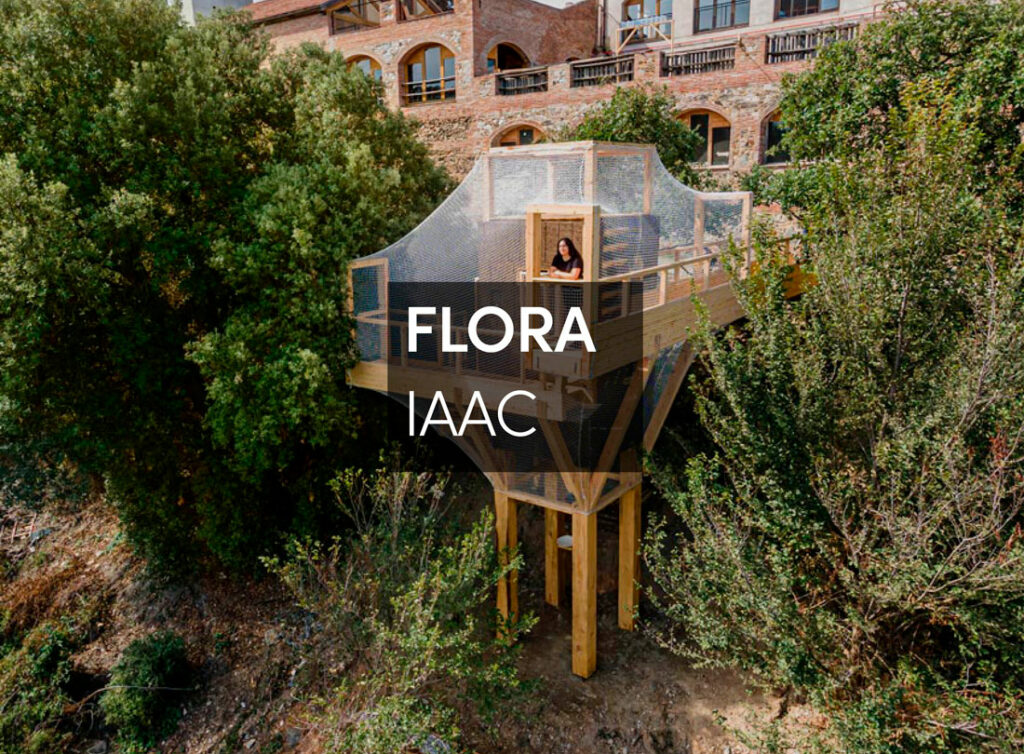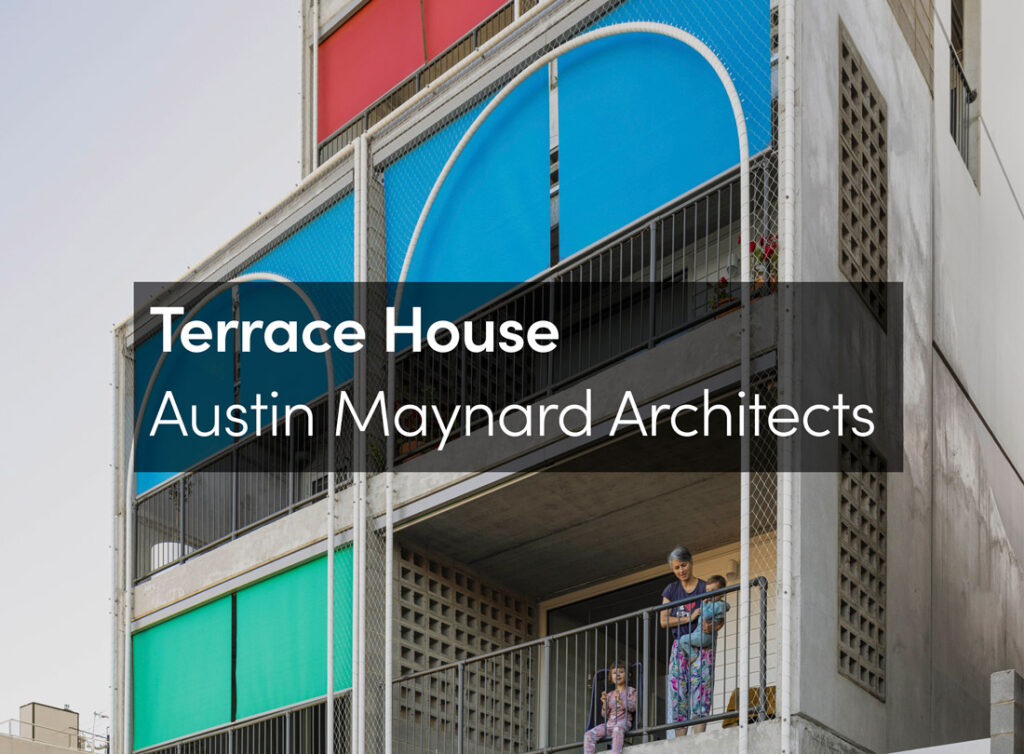Mei architects and planners, together with an interdisciplinary team, has won the tender for the transformation of the monumental Gasometer in Münster into a nature-inclusive residential tower surrounded by a lush park. The team – made up of UTB Berlin, Mei architects and planners, Peter Bastian Architekten, Engie, and Inside Outside – developed a rock-solid concept and convinced Stadtwerke Münster with a bold plan that excels on three essential core ideas: fostering communities; integral sustainability; and creating a strong identity, with the building’s history providing inspiration for a new future. The iconic gasometer, which once powered the city, is undergoing a green transformation, becoming a new epicenter for innovation and community living.
Renewed Energy in the Iconic Gasometer
The Gasometer in Münster is a gas holder dating back to the 1950s. For decades, the Gasometer supplied natural gas to the city of Münster and its immediate surroundings. In 2005, the building fell into disuse. The main cornerstones of this ambitious project are preserving its iconic character and identity; inspiring healthy living while bringing energy and greenery back into the city; and encouraging local community involvement.
The Gasometer is composed of a closed steel plinth about 12 meters high, topped by an open steel structure surrounding a telescopic cylinder to store natural gas. The steel frame and plinth are retained in this redevelopment and form an iconic image from which the new program derives its identity. The vast majority of the program will be realized in a new timber building built inside the original steel frame. Future residents will soon live in a green and ultra-sustainable new building complex, where the rich history comes to life every day and where innovation and heritage come together harmoniously. The new façade refers to the gasometer’s history and generates energy at the same time. In this way, the Gasometer once again supplies the city with energy, but this time in a sustainable way.
A Healthy User Concept for All Münster’s Residents
The theme of the usage concept focuses on healthy foods and living and is designed for all Münster’s inhabitants. From base to top, the Gasometer will soon contain different zones, each with a specific function so that the building as a whole offers a diverse and rich program.
In the plinth, originally a relatively closed off part of the building, a mobility hub will offer parking, bicycle storage, and a bike café, in combination with a public swimming pool.
In the part above, various public facilities will be programmed across several floors, including a theatre, co-working spaces, commercial spaces, and a health center. From the ground level, an inviting pedestrian route will be added by means of an aerial bridge, leading visitors through the treetops of the surrounding park toward the public services and thereby creating an elevated, lively plinth.
In the upper half of the Gasometer, housing will be built with an extensive mix of target groups and income classes – including a large proportion of social housing – to contribute to diversity. To provide these residences with sufficient daylight and outdoor space, without the effects of traffic noise from the adjacent motorway, the upper volume has been stepped out on the inside and provided with spacious galleries and terraces with abundant greenery. The gallery typology surrounding the calm, green atrium brings people together as a matter of course. The round shape reinforces this. Niches in the gallery also allow it to be used as an outdoor space.
A clever light, air and irrigation system plus a rainwater basin at the bottom of the Gasometer create an exuberant green oasis, fostering biodiversity. A public roof garden and communal vegetable garden will be created on the roof of the top residences.
The building’s design with a sound-sensitive exterior and a starkly contrasting quiet interior ensures comfortable living on both sides, depending on what the user requires at any given time.
Sustainable Community Building
The Gasometer is an important monument, a landmark for Münster and a paragon of engineering and innovation. The transformation of the Gasometer reinforces this while focusing on sustainability, climate friendliness, and health. The main load-bearing structure is made of wood and recycled materials, minimizing the building’s CO2 emissions and resulting in a Paris Proof building.
The external façade of the Gasometer will be clad with PV panels, making the building not only self-sufficient, but also generating sustainable energy for the city. Through the integrated news display, the Gasometer communicates with the city, sharing information such as the amount of energy being produced or the coming week’s cultural programming.
The Multidisciplinary Gasometer Team
The project team consists of the Municipality of Münster, developer UTB Berlin, chief architect Mei architects and planners, collaborating and local architect Peter Bastian Architekten BDA, Engie Deutschland, and landscape architects Inside Outside. Collectively, they are working on an integrated plan for a sustainable, inclusive, and vibrant regeneration of the Gasometer, bringing together community, greenery, and grand architecture, with the building serving as a catalyst for the redevelopment of a completely new sustainable vertical urban district.

